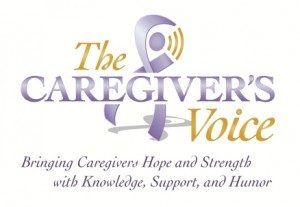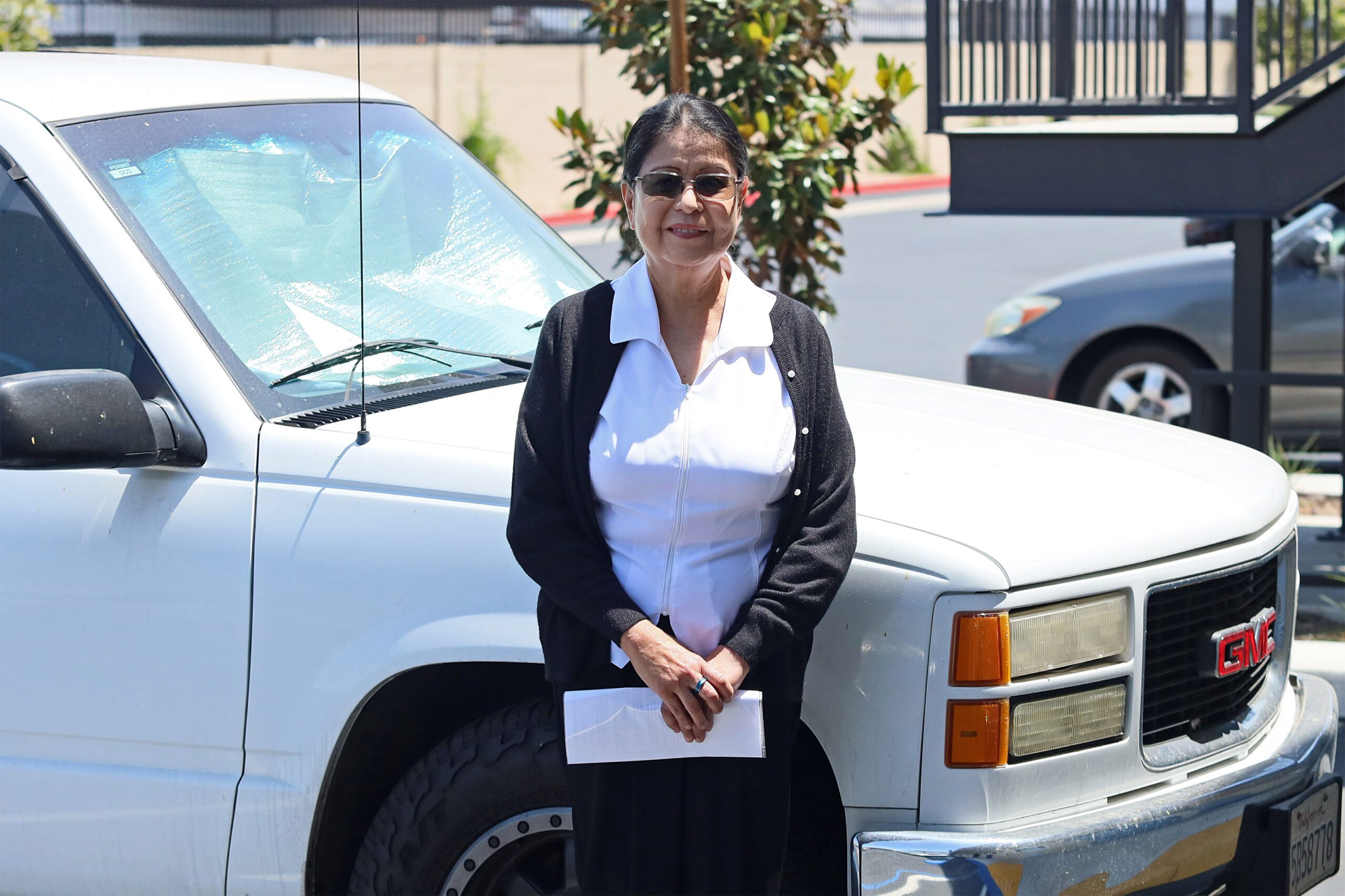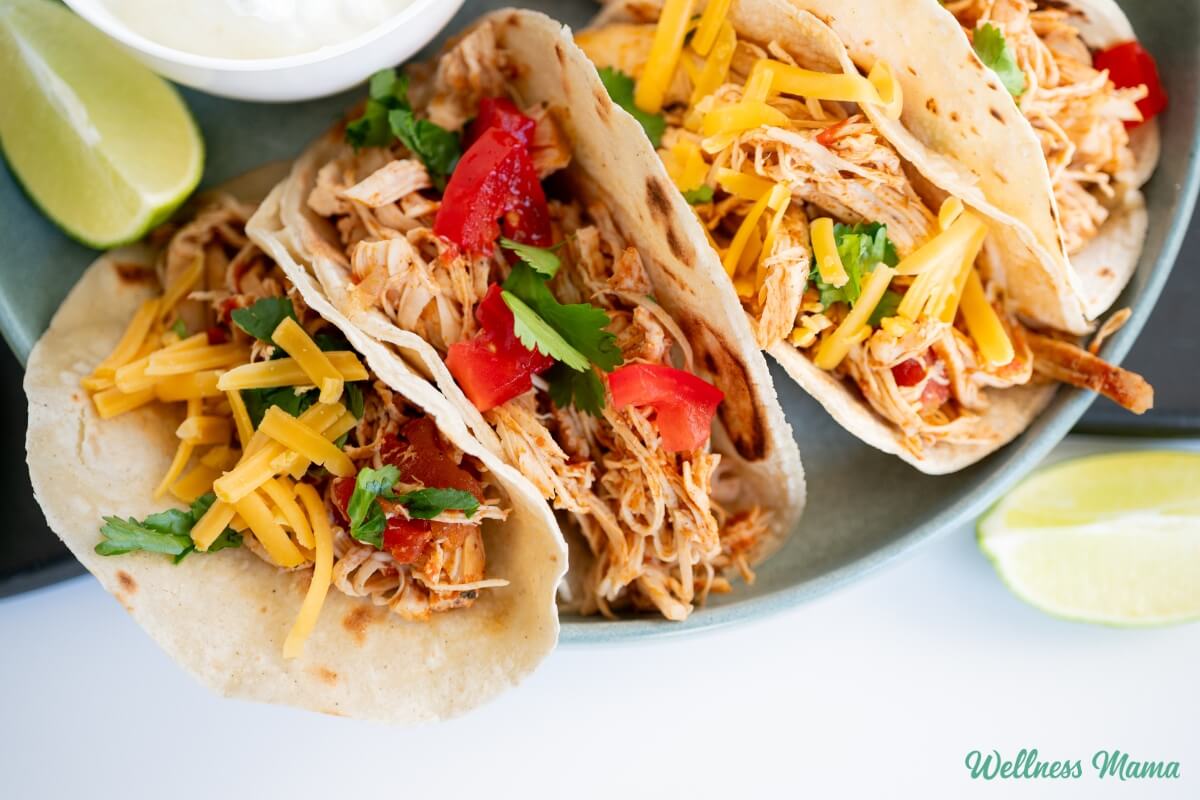Although I forgot to wear red on February 4th to support the Go Red For Women American Heart Association campaign, I had become aware of their mission to educate women about the dangers of cardiac disease, nearly 12 years ago, when my mother died of CHF (Congestive Heart Failure) on November 26, 2010. According to their website: “The American Heart Association’s signature women’s initiative, Go Red for Women, is a comprehensive platform designed to increase women’s heart health awareness and serve as a catalyst for change to improve the lives of women globally.”
It became even more personal when on June 12, 2014, I was driving home from a workout at Planet Fitness, which had been my go-to place five or six times a week, likely singing along to a song on the radio when simultaneous sensations hit me like a ton of bricks. Even though I had cooled down at the gym, a torrential sweat overtook me and I was drenched in an instant. My jaw locked up and searing heartburn pain radiated across my chest and back. I couldn’t brush it off as menopausal symptoms.
I intuitively knew it was a heart attack in progress. I did what any overachieving, workaholic, Type A person would do. I drove home, called to cancel an appointment with a client, and then thought “Hmmm. I’m really sweaty. I should take a shower.”
Then sanity kicked in and I asked, “What the hell are you doing, woman? Get to the E.R., pronto!” And still, I didn’t call 911.
I hopped into the Jeep and drove 10 minutes to Doylestown Hospital. Afterward, it occurred to me that my brain must have been oxygen-deprived that allowed for such a lapse in judgment. I could have crashed the car. I could have harmed myself or anyone else on the road around me. I stumbled into the ER and gasped out, “I think I’m having a heart attack.” Within moments I was in the cardiac cath lab and in short order, a stent was inserted in a fully occluded (blocked) artery to prop it open. The nurse who prepped me for it, gave me a giggle and reason to believe that I was going to make it out of the hospital. There was a possibility of needing to have it threaded through the groin rather than the wrist and she said, “You’re going to hate me, but I am only going to shave you on one side.” I asked if she couldn’t do a “landing strip.” She joined me in the laughter and informed me that I was on my own to do that when I got home. I’m grateful that the pinhole in my right wrist is what remained. All these years later, it is no longer visible. The stent is doing its job keeping my ticker going.
The surgeon, Dr. McGarvey, showed me what the artery looked like before the procedure; like a tree branch that didn’t fare well during a windstorm and afterward; as if it had been propped up to its natural state. He admonished me not to let it happen again. Based on my crazy busy schedule that had me working 12-14 hour days, coming home and going to the gym and sleeping maybe 5-6 hours a night, carrying the weight of the world on my shoulders, living as a Type A+ workaholic, high cholesterol and blood pressure, and my family history, I was a prime candidate for a heart attack.
Broken heart syndrome, also known as stress cardiomyopathy or takotsubo syndrome is also related to an actual cardiac event. It is stress-related and sometimes as a result of a major loss, as a grief reaction. When my parents became ill, I had put on my super social worker cape and handled the details of their care. When they passed, I donned my minister’s robe and officiated their services. With my mother’s death, I became the executor of her estate. The grieving daughter was in the back room, not giving myself full permission to mourn. My heart was broken. When I was in cardiac rehab, I met another cardiac disease survivor who reminded me that I had experienced trauma. As much as I denied it then, I am recognizing it now and do my best to treat myself the way I would any trauma survivor, with TLC.
Recently, I have noticed that my heart feels a bit bereft. For the past nearly two years, like everyone else, I have been impacted by the pandemic. Blessedly, I have stayed healthy and the kids and grand-kiddo have stayed healthy. I have work that supports me that I can do from home. I have dear family and friends, some contracted COVID, and recovered. My job as a therapist is in the service of clients in need, some with acute and chronic trauma. In the midst of so much to be grateful for, I am missing my social activities, the Cuddle Party workshops that I facilitated, and my Hugmobster events. They helped to nourish me. There is a sense of sadness, overwhelming at times. I am not prone to anxiety and depression, but it has been sneaking in. Today, I let the tears flow when I was talking to a coworker. She understood, and let me know I wasn’t alone in what I expressed, she too knew the experience, hugged me, and held space for what I was feeling. She encouraged self-care. Healer, heal thyself.
Today, I ran into a friend as we were meandering around our local farmers’ market. She had ‘joined the club’ last year. We compared notes and I was glad I had wisdom to share. I was grateful to see her looking well, as she had just completed her own cardiac rehab. We felt the same way about the team who cheered us on to recovery. She acknowledged that there were emotional links to her heart attack as well. Shortly afterward, I saw my cousin who knew this friend as well. Their hugs helped refill my tank and did my heart good.
Last week, I watched Encanto for the second time with my two-year-old grandson. He was delighted by the music as he danced and clapped along. How can you lose with Lin-Manuel Miranda as the composer of the singalong-able songs? The one I can most relate to is Surface Pressure. My own expectations are what caused me to feel exhausted. I have since put down the ‘donkeys’ I have carried, and self-imposed dictates to prove that I am ‘enough’.
Take note of these facts about heart disease and take care of your own sweet heart and those of the women in your life.
- Heart disease is the No. 1 killer of women, and is more deadly than all forms of cancer combined.
- Heart disease causes 1 in 3 women’s deaths each year, killing approximately one woman every minute.
- An estimated 43 million women in the U.S. are affected by heart disease.
- 90 percent of women have one or more risk factors for developing heart disease.
- Four million suffer from angina. 435,000 American women have heart attacks annually; 83,000 are under age 65; 35,000 are under 55. The average: 70.4. 42% of women who have heart attacks die within 1 year, compared to 24% of men.
You Might Also Like These From The Good Men Project
 Compliments Men Want to Hear More Often
Compliments Men Want to Hear More Often  Relationships Aren’t Easy, But They’re Worth It
Relationships Aren’t Easy, But They’re Worth It  The One Thing Men Want More Than Sex
The One Thing Men Want More Than Sex  ..A Man’s Kiss Tells You Everything
..A Man’s Kiss Tells You Everything Join The Good Men Project as a Premium Member today.
All Premium Members get to view The Good Men Project with NO ADS.
A $50 annual membership gives you an all access pass. You can be a part of every call, group, class and community.
A $25 annual membership gives you access to one class, one Social Interest group and our online communities.
A $12 annual membership gives you access to our Friday calls with the publisher, our online community.
Register New Account
Log in if you wish to renew an existing subscription.
Username
First Name
Last Name
Password
Password Again
Choose your subscription level
- Yearly - $50.00 - 1 Year
- Monthly - $6.99 - 1 Month
Credit / Debit Card PayPal Choose Your Payment Method
Auto Renew
Subscribe to The Good Men Project Daily Newsletter By completing this registration form, you are also agreeing to our Terms of Service which can be found here.Need more info? A complete list of benefits is here.
Stock photo ID:1081528802The post Do What Does Your Heart Good appeared first on The Good Men Project.
Original Article










